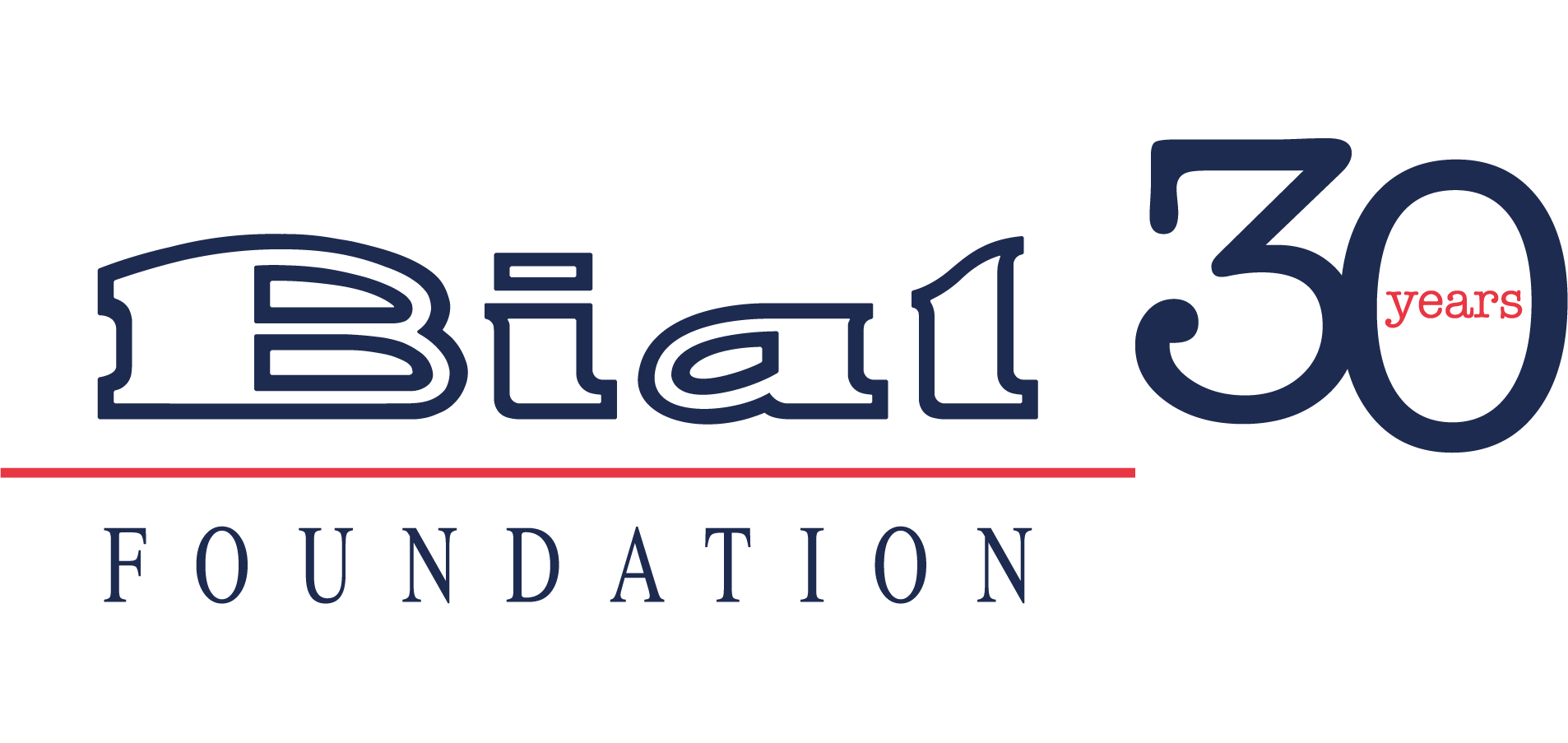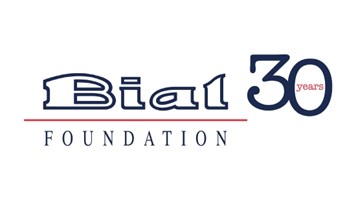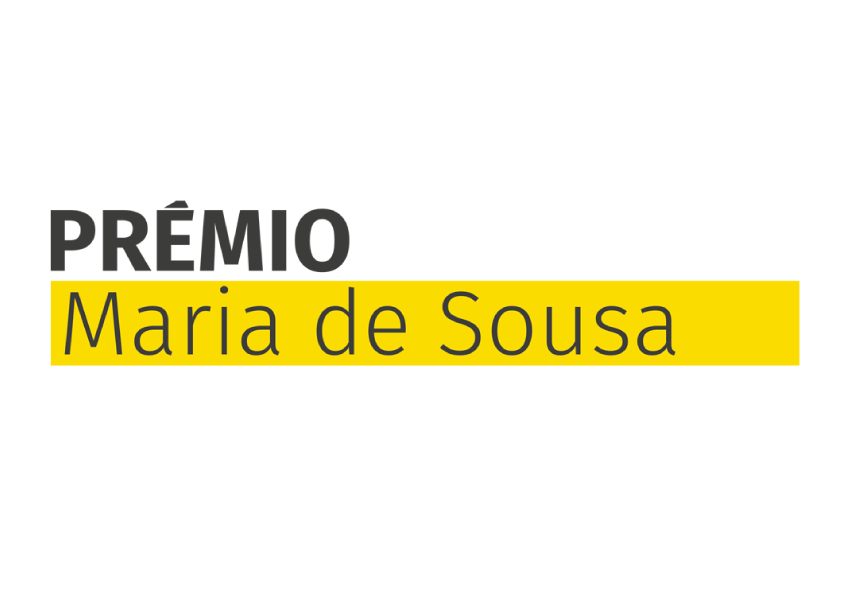News
- Science Stories
- Highlights
- Looking for collaboration
- Helpful links
- Logos
Science Stories
It is our mission being accomplished. Since 1994, the BIAL Foundation has approved for funding 865 projects, involving more than 1700 researchers from 30 countries. There are three decades of support to Scientific Research Projects oriented towards the neurophysiological and mental study of the human being, in the areas of Psychophysiology and Parapsychology.
Discover the stories behind the science.
Science Stories

Academic studies on claimed past-life memories
Did you know that most studies on claimed past-life memories were carried out mainly in Asian countries?

Empathy in couples
Understanding the adaptative functioning of couples is something crucial considering the harmful consequences of situations of domestic violence.

Choosing the usual or taking a chance?
We always choose the same route back home, but one day, alerted about traffic restrictions, we decide to risk an alternative route. What drives us to make this decision?

Dream and daydream: differences and similarities
Did you know that daydreams reflect events from the previous two days and “night” dreams resemble a fictional plot?

Does your dog have social skills?
A study suggests that viewing the owner’s face works as a positive social reinforcement for dogs. Learn more about this and other surprising results about “man’s best friend”.
News
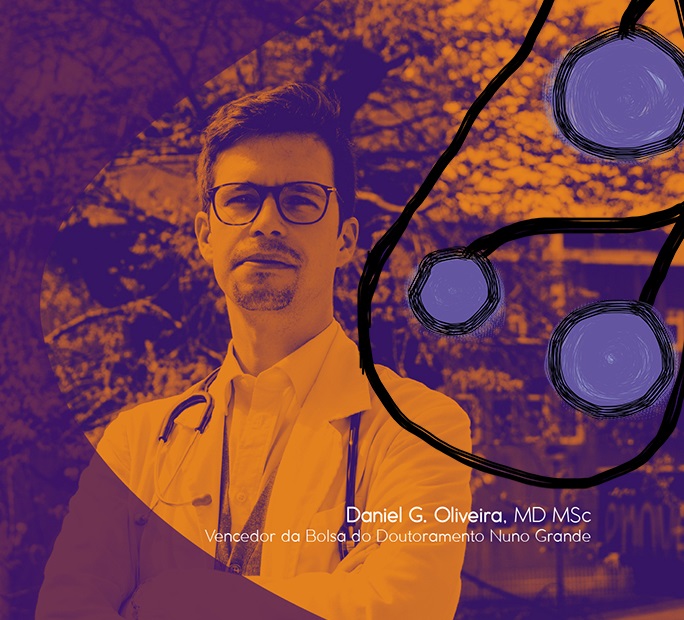
Nuno Grande Doctoral Scholarship 2022 winner is already known
Daniel Guimarães de Oliveira is the winner of the Nuno Grande Doctoral Scholarship 2022, an initiative of the family of Professor Nuno Grande, the School of Medicine and Biomedical Sciences (ICBAS) and the BIAL Foundation.
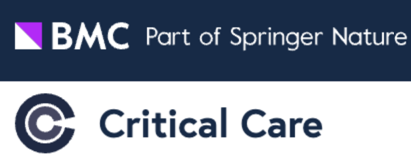
The incidence of NDE in ICU survivors
The research team led by Charlotte Martial assessed the incidence of near-death experiences (NDEs) among patients who survived a prolonged stay (i.e. > 7 days) in intensive care units (ICU), regardless aetiologies. Out of the 126 included patients, 15% reported having experienced an NDE. Higher frequency of dissociative symptoms and a greater spiritual and personal well-being were the strongest predictors for the recall of NDE. One year later, the NDE was not significantly associated with quality of life. These results were reported in the paper Incidence of near-death experiences in patients surviving a prolonged critical illness and their long-term impact: a prospective observational study published in the journal Critical Care and arise from the research project Characterization of “Near-Death Experiences” through the comparison of experiencers and non-experiencers’ particularities: inter-individual differences in cognitive characteristics and susceptibility to false memories, supported by the BIAL Foundation.
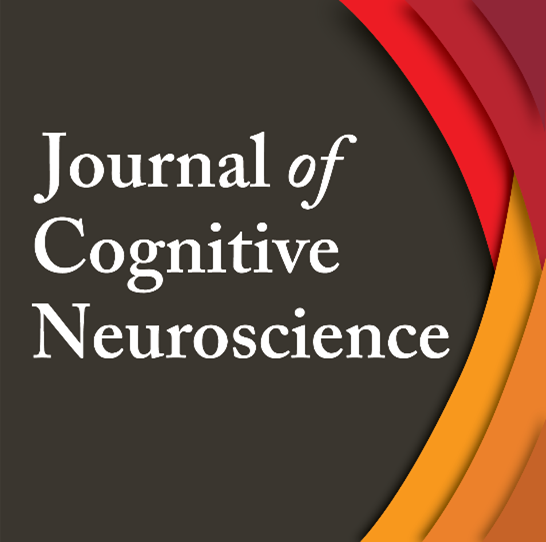
Is supplementary motor area involved in automatic control of behavior?
Ignacio Obeso, principal investigator of the research project 230/18 - Unraveling the mechanisms behind automatic and emotional control: Psychophysiological, cortical excitability and functional connectivity measures, supported by the BIAL Foundation, aimed to test the possible direct role of supplementary motor area (SMA) in automatic and voluntary response inhibition by resourcing to two noninvasive brain stimulation (NIBS) inhibitory techniques over SMA, namely repetitive transcranial magnetic stimulation (rTMS) and transcranial static magnetic field stimulation (tSMS). Participants received both real and sham NBS techniques over SMA. No relevant impact of treatment (rTMS, tSMS) or condition (real, sham) was seen in the training or test phases of a go/no-go learning task and a stop signal task. It seems that SMA has a reduced or indirect involvement in automatic control of behavior. These results are detailed in the paper The supplementary motor area and automatic cognitive control: Lack of evidence from two neuromodulation techniques published in the Journal of Cognitive Neuroscience.
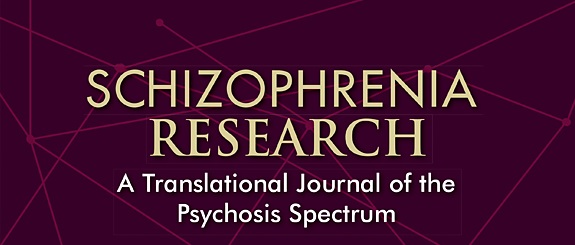
When psychotic-like experiences become distressing?
Evidence suggests that psychotic-like experiences (PLEs) exist along a continuum progressing from benign subclinical phenomena at one end to severe psychotic symptoms at the other. Among children, PLEs are common and typically benign, but in some cases, they can be distressing and functionally impairing. In the scope of the research project 194/12 - Characterising developmental trajectories of brain function from childhood into adolescence, supported by the BIAL Foundation, Kristin Laurens aimed to examine whether the likelihood of distressing or impairing PLEs differed according to the type of co-occurring psychopathology symptoms. It was observed that children with co-occurring internalising and/or externalising problems had greater odds of distressing and/or impairing PLEs compared to children without co-occurring psychopathology (PLEs only). The implications of these results are discussed in the article Increased likelihood of distressing and functionally impairing psychotic-like experiences among children with co-occurring internalising and externalising problems published in the journal Schizophrenia Research.
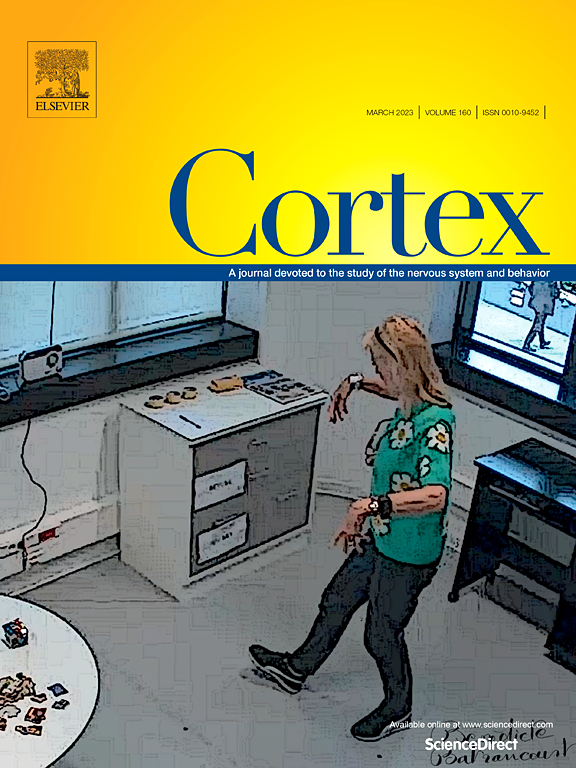
Effects of aging on face processing
In the scope of the research project 249/16 - Healthy aging and economic decision-making: neuropsychophysiological examination of the affect-integration-motivation framework of decision-making in aging brain, supported by the BIAL Foundation, João Marques-Teixeira and colleagues studied the impact of aging on face processing. It was observed that older adults, compared to younger adults, engage additional neural resources during the visualization of facial expressions of emotion, as well as non-facial stimuli (houses and mugs). Aging may hamper the neural processing of facial expressions of emotion, and this difficulty may be exacerbated during the identification of emotions from faces of their own-age peers. More results are available in the paper Effects of aging on face processing: An ERP study of the own-age bias with neutral and emotional faces published in Cortex.
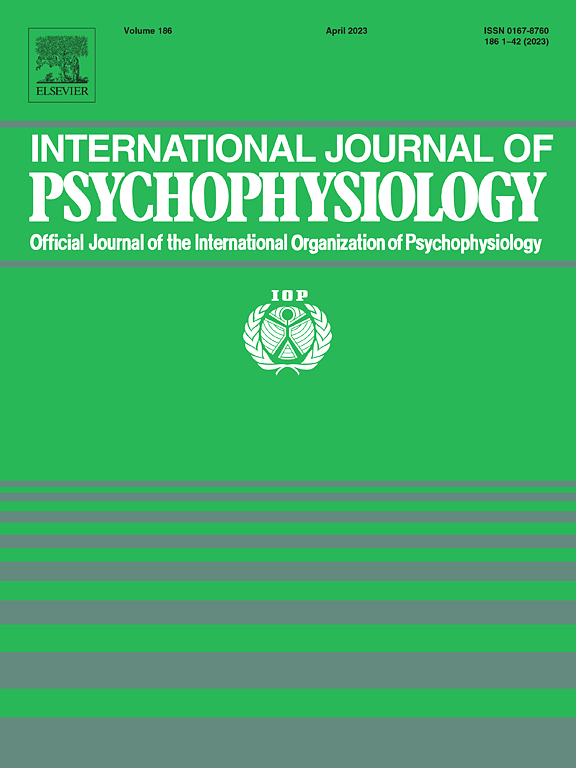
Dispositional mindfulness and startle reactivity
Veena Kumari, principal investigator of the research project 92/18 – Attending mindfully: A psychophysiology study of sensory processing in meditators, supported by the BIAL Foundation, examined possible associations between dispositional mindfulness and alexithymia and found a negative association. In addition, it was assessed the eye-blink startle responses to acoustic stimuli of varying intensity and observed a positive association between startle response habituation and dispositional mindfulness (i.e., more habituation in individuals with a high level of naturally-occurring mindfulness). Similar results were also obtained by long-term mindfulness practitioners engaging in mild-to-moderate meditation practices, suggesting similar sensory information processing styles. These findings are reported in the paper Dispositional mindfulness, alexithymia and sensory processing: Emerging insights from habituation of the acoustic startle reflex response published in International Journal of Psychophysiology.
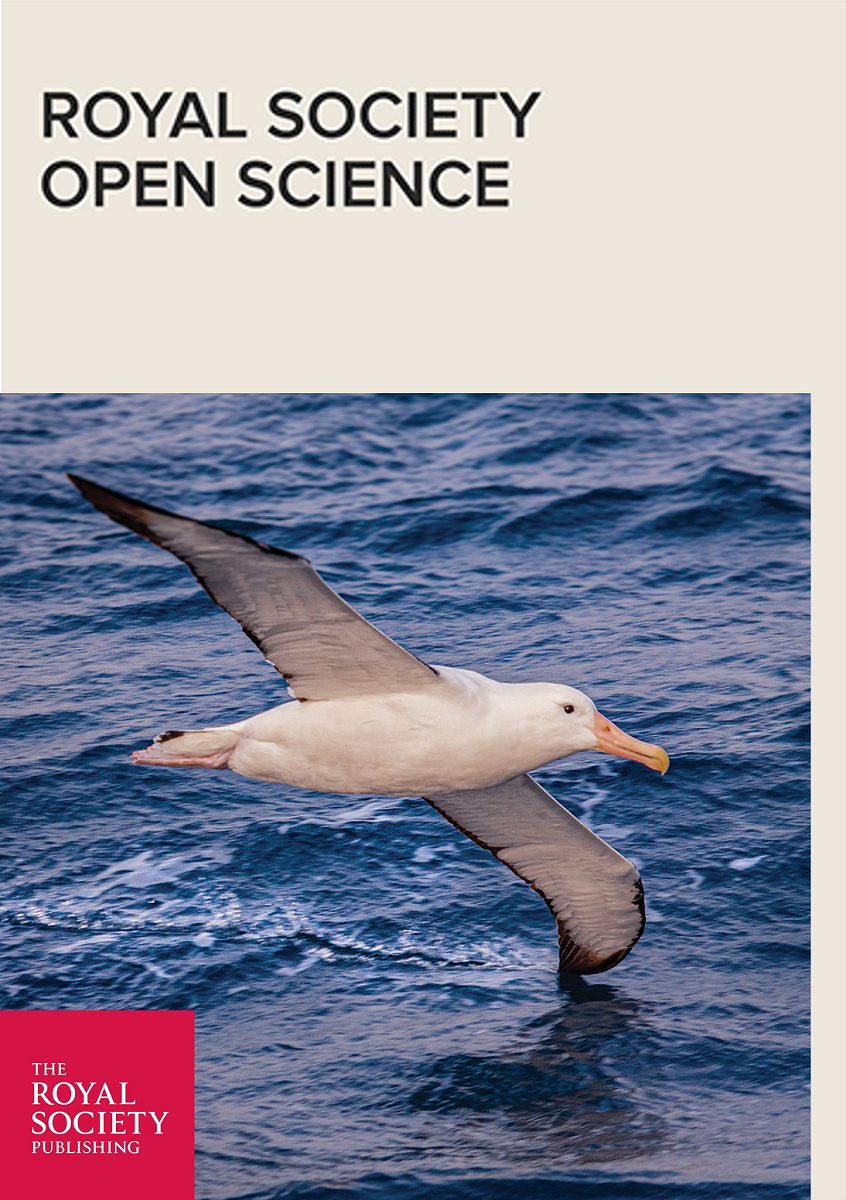
A multi-laboratory replication of a precognition experiment
The paper Raising the value of research studies in psychological science by increasing the credibility of research reports: the transparent Psi project was published in the journal Royal Society Open Science in the scope of the research project 122/16 - A fully transparent pre-registered replication study of precognitive detection of reinforcement using an expert consensus design, supported by the BIAL Foundation. It was devised a multi-laboratory replication of Daryl Bem's Experiment 1 on precognition, in which the participants were presented with two curtains on the computer screen and had to guess which one hides a picture. The target side (left or right) was determined randomly by the computer after the participant's guess. Data collection was carried out in 10 laboratories from nine different countries, involving 2115 participants. Bem's findings were not replicated, since it was obtained 49.89% successful guesses, while Bem reported 53.07% success rate, with the chance level being 50%.
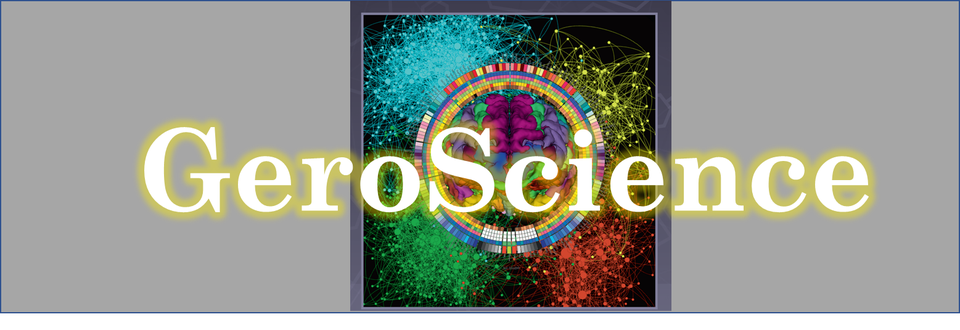
Neurostimulation of the cerebellum improves episodic memory
In the scope of project 495/14 - Episodic memory enhancement in aging: the role of cognitive training combined with (bilateral) tDCS in the medial-temporal cortex and cerebellum on episodic memory performance in the elderly, supported by the BIAL Foundation, the research team published the paper The cerebellum is causally involved in episodic memory under aging in the journal GeroScience. The study demonstrated that, when participating in a 12-day neurostimulation program delivered to the right cerebellum, healthy elderly individuals showed episodic memory improvement both immediately after the intervention program and in a 4-month follow-up.

The sweet taste in obesity
Albino J. Oliveira-Maia, principal investigator of the research project 176/10 - Dopaminergic regulation of dietary learning in humans and rodents, supported by the BIAL Foundation, published in the journal Frontiers in Nutrition the paper Enhanced sweet taste perception in obesity: Joint analysis of gustatory data from multiple studies. Comparing 246 individuals with severe obesity and 174 healthy volunteers, the study showed that sweet intensity perception is enhanced in obesity. However, no differences were found for sour, salt, or bitter tastants, suggesting specificity for sweet taste, associated with food reward.

The brain response to acquisition and reversal of threat predictions
Francesca Starita, principal investigator of the research project 47/20 - Fear in action: how Pavlovian fear learning shapes goal-directed motor responses, supported by the BIAL Foundation, has analysed the ability to flexibly readjust one's threat predictions to meet the current environmental contingencies and concluded that in the ventral medial prefrontal cortex the theta rhythm may play an inhibitory role of responses that are no longer appropriate. Additional results are described in the paper Theta and alpha power track the acquisition and reversal of threat predictions and correlate with skin conductance response published in Psychophysiology.
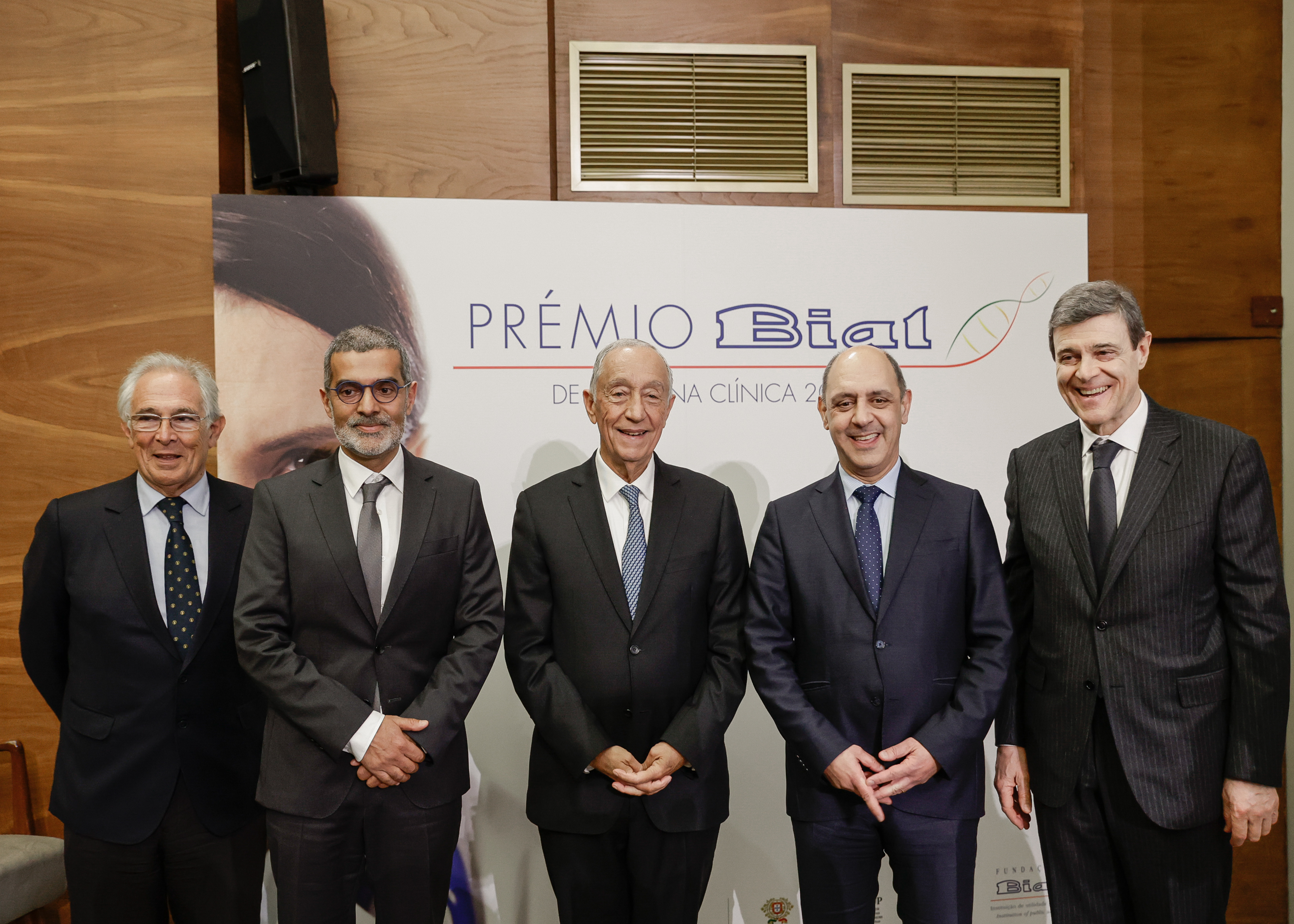
Prémio BIAL de Medicina Clínica 2022 distinguishes works on autism, brain tumors and hypertension
The award ceremony of the 20th edition of the Prémio BIAL de Medicina Clínica took place on February 8 at the Aula Magna of the Faculty of Medicine of the University of Porto, being presided over by the President of the Republic, with the presence of the Minister of Health, Manuel Pizarro, the Secretary of State for Higher Education, Pedro Teixeira, and the Mayor of Porto, Rui Moreira.

Hypnosis, Meditation and Prayer. Which is the most helpful?
The research team led by Alexandra Ferreira-Valente, in the scope of project 188/18 - COping with PAin through Hypnosis, mindfulness and Spirituality (COPAHS), supported by the BIAL Foundation, compared the immediate effects of hypnosis, mindfulness meditation and Christian prayer (CP) on pain intensity and pain tolerance. Findings suggest that single short-term hypnosis and mindfulness meditation, but not Christian prayer, may be useful for acute pain self-management, with hypnosis being the slightly superior option. The paper Immediate Effects of Hypnosis, Mindfulness Meditation, and Prayer on Cold Pressor Outcomes: A Four-Arm Parallel Experimental Study, reporting these results study, was published in the Journal of Pain Research.
Looking for collaboration

The quest of physiological markers for the experience of pain
Researcher: Elia Valentini - Department of Psychology & Centre for Brain Science, University of Essex Summary: The aim of this project is to improve measurement of the human experience of pain by investigating a combination of psychophysical and physiological responses during mild noxious stimulation. More specifically, we want to investigate how sensitive and specific to pain the brain oscillatory responses are. We use EEG as the main technique, but we are keen to collaborate with neuroscientists using fMRI, autonomic measures and brain stimulation as well as with computational neuroscientists. A clinical collaborator would also be very much welcome.

EEG investigation of hypnosis and decision-making
Researcher: Rinaldo Livio Perri - University Niccolò Cusano Rome, Italy Summary: I work in the field of hypnosis and cognitive neuroscience. In particular, I adopt the event-related potentials (ERPs) to investigate the effect of the hypnotic suggestions on sensory processing and cognitive performance. I am an expert in decision-making and proactive brain processes before the stimulus administration (e.g., the perceptual, prefrontal and premotor readiness during the expectancy stage). I could help colleagues to properly analyze the ERP signal in the pre-stimulus stage of processing. Also, I would be happy to share my EEG data for re-analyzing them in the frequency domain (e.g., wavelet or coherence analysis in the hypnosis research). Feel free to contact me for any question! More information on my papers: https://scholar.google.it/citations?user=-8e_V64AAAAJ&hl=it Possible collaborations: neuroscientist with experience in the EEG frequency analysis Email: perri.rinaldo@gmail.com

Transparent Psi Project - looking for collaborators
Summary: We are running a fully transparent, expert consensus-base multilab replication of Bem’s (2011) experiment 1. The project features state of the art methods to maximize transparency and study integrity. The study involves a computerized experiment taking about 20 minutes per session. Group testing is possible in a computer lab, no specialized equipment needed. Labs are expected to recruit at least 100 participants. Participants will be exposed to images with explicit erotic/sexual content in the experiment. No financial compensation is required for the participants. Data collection is expected to take place in the 2020 fall semester. Every material is provided for ethics/IRB submissions and data collection in English (translation of materials might be necessary by the collaborators). The study is pre-registered and the manuscript is accepted in principle for publication in the journal Royal Society Open Science. All collaborators who meet the minimum sample size criterion will get authorship on this paper reporting the results of the replication study. More information in the preprint: https://psyarxiv.com/uwk7y/ Indicate interest in the collaboration via the following form: https://tinyurl.com/tpp-labs With any question contact the lead investigator: Dr. Zoltan Kekecs, kekecs.zoltan@gmail.com

Cognitive control and learning
Researcher: Ignacio Obeso, Ph.D. / CINAC - HM Puerta del Sur Summary: The aim of our projects is to understand the behavioral and neural mechanisms used to learn how humans establish adaptive behaviour in changing contexts. More specifically, we want to decipher how stopping abilities are initially learned and later executed under automatic control. We use task-related fMRI, brain stimulation and clinical models to test our predictions in laboratory settings as well as online home-based paradigms. Possible collaborations: computational scientist Email contact: i.obesomartin@gmail.com https://iobesomartin.wixsite.com/cognitivecontrol
Find here some links to other Foundations, Organizations, Societies and more that you might be interested in.
- BrainFacts.org
- Cognitive Neuroscience Society
- Dana Foundation
- European Brain Council
- European Society for Cognitive and Affective Neuroscience (ESCAN)
- Federation of European Neuroscience Societies (FENS)
- Human Brain Project
- IANDS International Association for Near-Death Studies
- Institut Métapsychique International (IMI)
- Instituto de Psicologia Paranormal
- International Behavioral Neuroscience Society (IBNS)
- International Brain Research Organization
- IONS Institute of Noetic Sciences
- Kavli Foundation
- Koestler Parapsychology Unit
- Open Sciences
- Organization for Human Brain Mapping (OHBM)
- Parapsychological Association
- Psi Encyclopedia
- Rhine Research Center
- Sociedade Portuguesa de Neurociências
- Sociedade Portuguesa de Neurologia
- Society for Neuroscience
- Society for Psychical Research
- Society for Scientific Exploration (SSE)
- World Federation of Neurology

